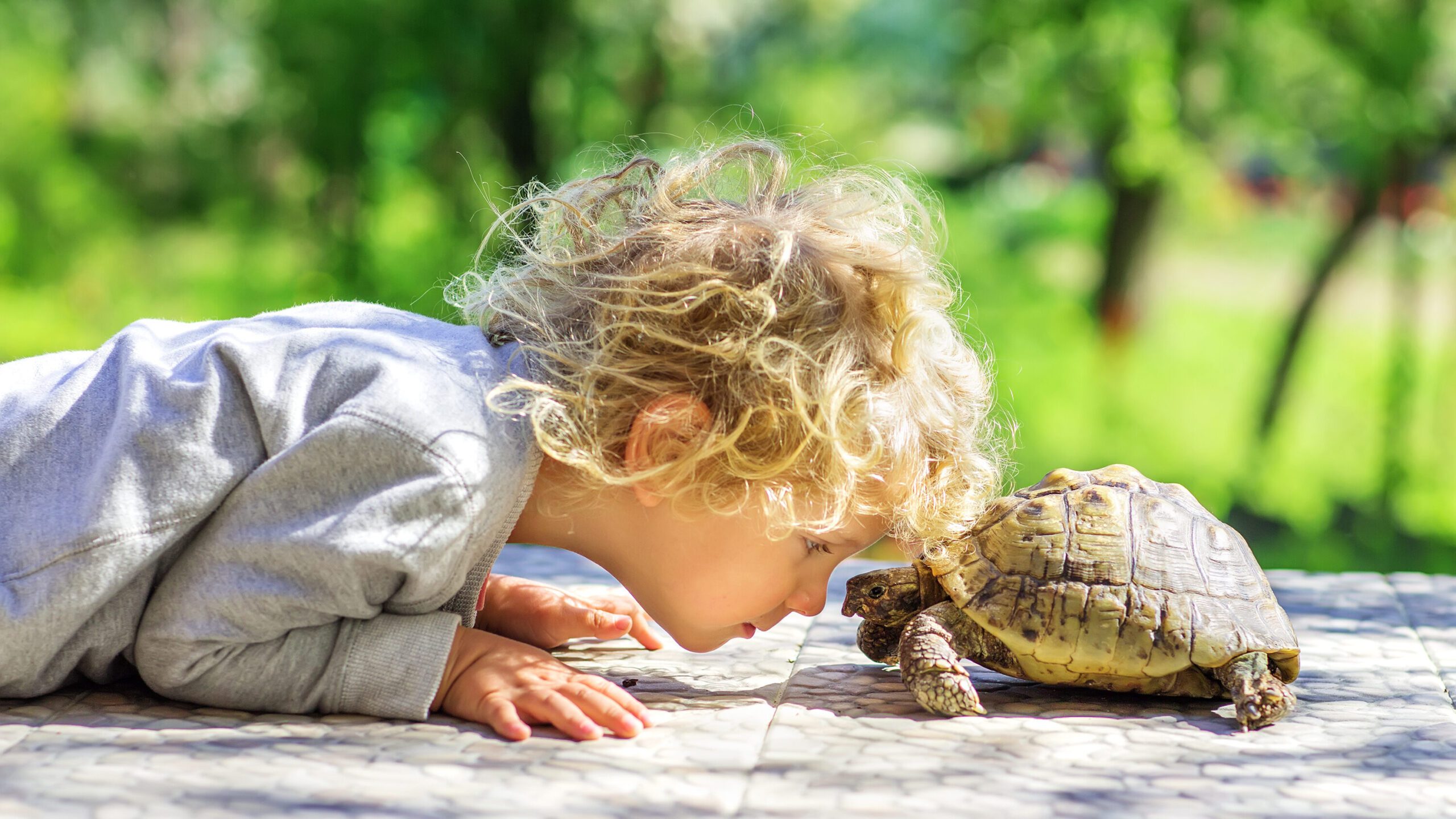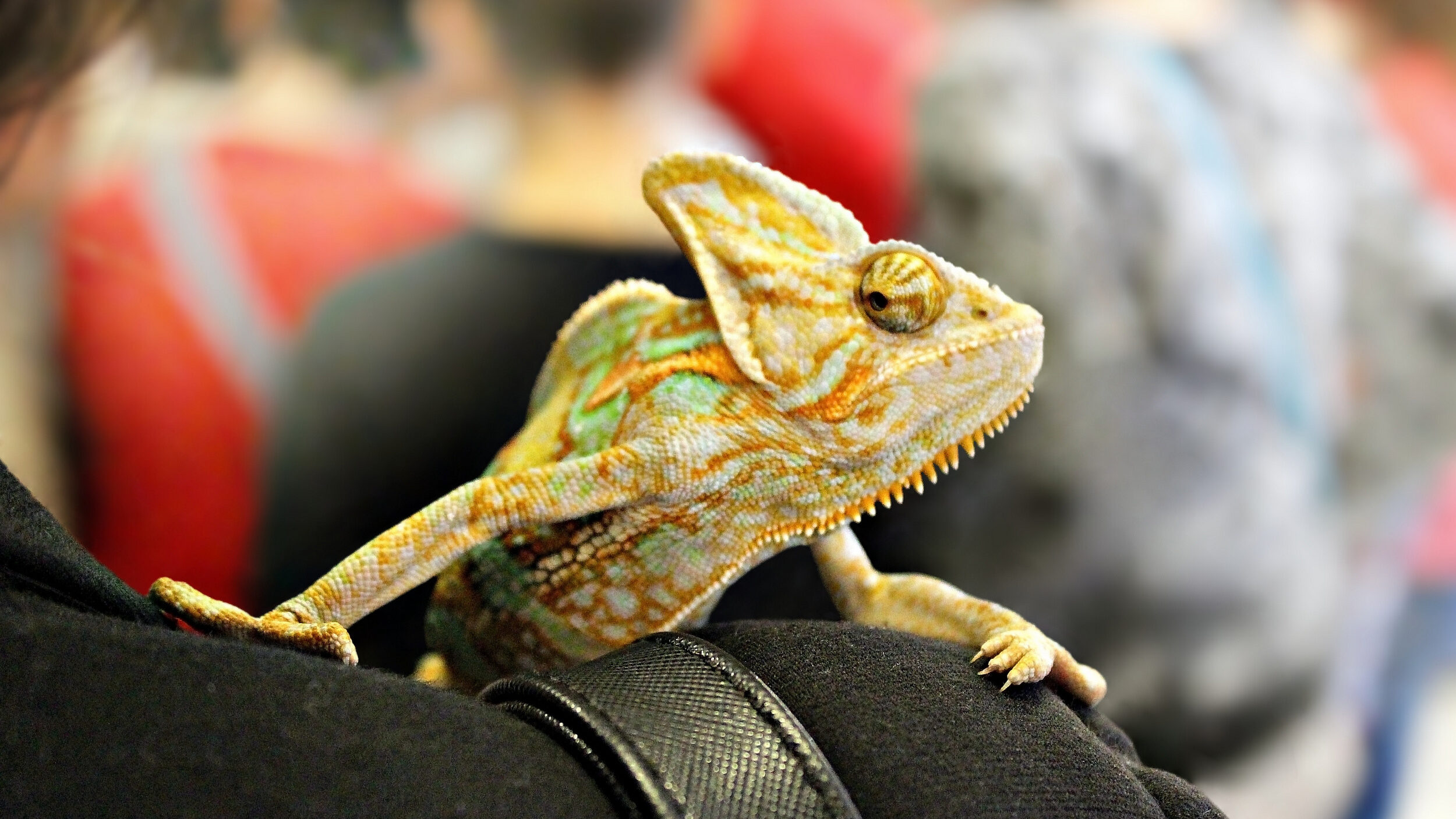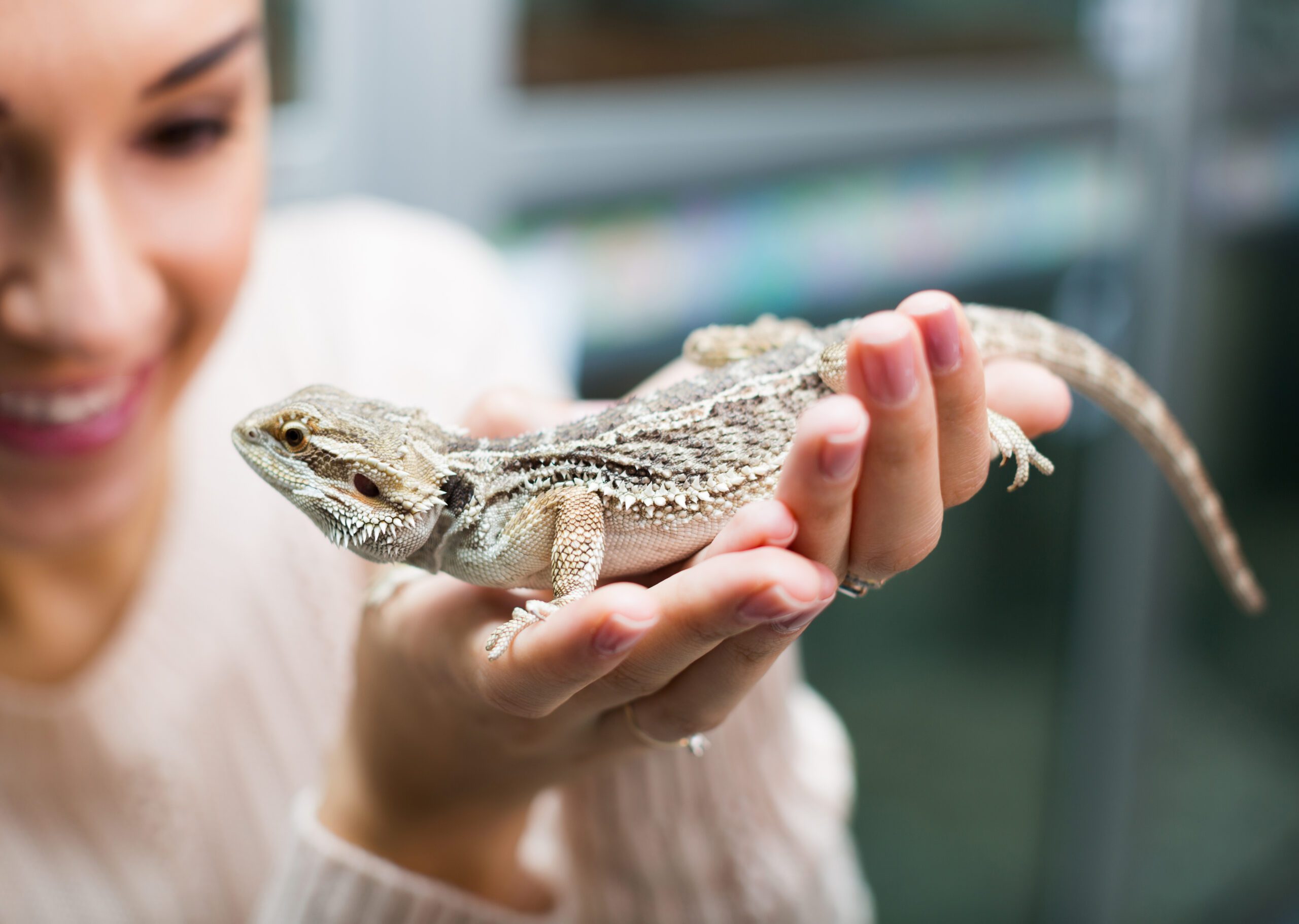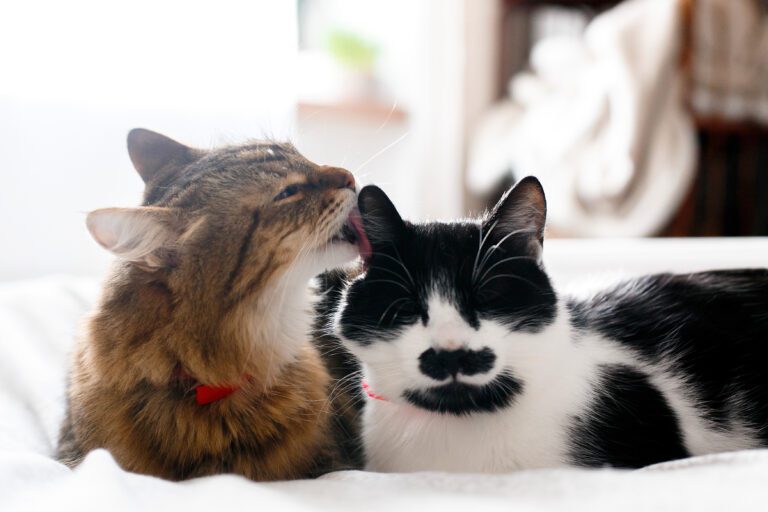Many pet owners have wondered at some point whether their beloved companions truly understand what they’re saying. This curiosity extends beyond traditional pets like dogs and cats, as reptile enthusiasts often wonder if their scaly friends, such as lizards, comprehend their words. In this blog post, we will explore the fascinating question: “Does my lizard know what I’m saying?” We’ll delve into the intricacies of lizard (including other reptiles in the discussion) cognition, communication, and explore the extent to which they may interpret our human language.
Understanding Lizard Cognition
Before we can determine if pet lizards comprehend our words, it’s crucial to understand their cognitive abilities. While lizards may not possess the same level of intelligence as mammals, they exhibit certain cognitive skills and can interpret environmental cues to some extent.
Lizards are known to have excellent visual perception, allowing them to detect movements, patterns, and colors in their surroundings. They rely heavily on visual stimuli to navigate their environment, locate prey, and identify potential threats. Their brain, though relatively small, is capable of processing visual information effectively.
Does your pet need to visit the vet? Learn more in our blog here!
Language & Communication
Language is a complex system of communication, primarily developed by humans. It involves the use of words, grammar, and syntax to convey meaning and information. While lizards do not possess the physiological or anatomical structures to produce or understand human language in the same way humans do, they do communicate through other means.
Your pet lizards communicate using a variety of signals, such as body postures, gestures, displays, and even chemical signals. These signals are essential for intra-species communication, allowing lizards to convey messages related to territoriality, mating, aggression, and social hierarchy. While these communication methods are effective within their species, their ability to comprehend human language remains a topic of debate.

Interpreting Human Language
Lizards, including popular pets like bearded dragons, leopard geckos, iguanas, and other reptiles like snakes and turtles, are unlikely to understand human language in the same way humans do. Their brains are not wired to process the complex linguistic patterns and syntax that humans use to communicate.
However, lizards are sensitive to environmental cues, including sounds and vibrations. They may associate certain sounds with specific events or actions. For instance, if you regularly feed your pet lizards while making a particular sound, they may learn to associate that sound with feeding time.
In addition to auditory cues, lizards can also perceive visual and tactile stimuli. They may associate certain hand gestures or movements with positive or negative experiences. Repetition and consistency are key to reinforcing these associations.
Building a Bond
While lizards may not understand the literal meaning of your words, they can form bonds with their human caregivers through social interaction and positive reinforcement. Spending time with your lizard, providing them with a comfortable and enriching environment, and establishing routines can contribute to a strong and trusting relationship.
When interacting with your lizard, observe their body language and respond accordingly. They may display signs of contentment or discomfort through their posture and behavior. Understanding their non-verbal cues will help you provide better care and establish a deeper connection with your scaly friend.
Click here to learn about some objects and toys lizards and other reptiles like to engage with.
Although lizards may not possess the ability to understand human language in the same way humans do, they can still respond to environmental cues, including sounds, gestures, and visual stimuli. While verbal communication may not be their strong suit, lizards can form strong bonds with their human caretakers through consistent interaction and positive reinforcement. Remember, building a relationship is more about creating a safe and stimulating environment, understanding their needs, and appreciating their unique ways of communication. So, keep providing love, care, and attention, and enjoy the special connection you share!






